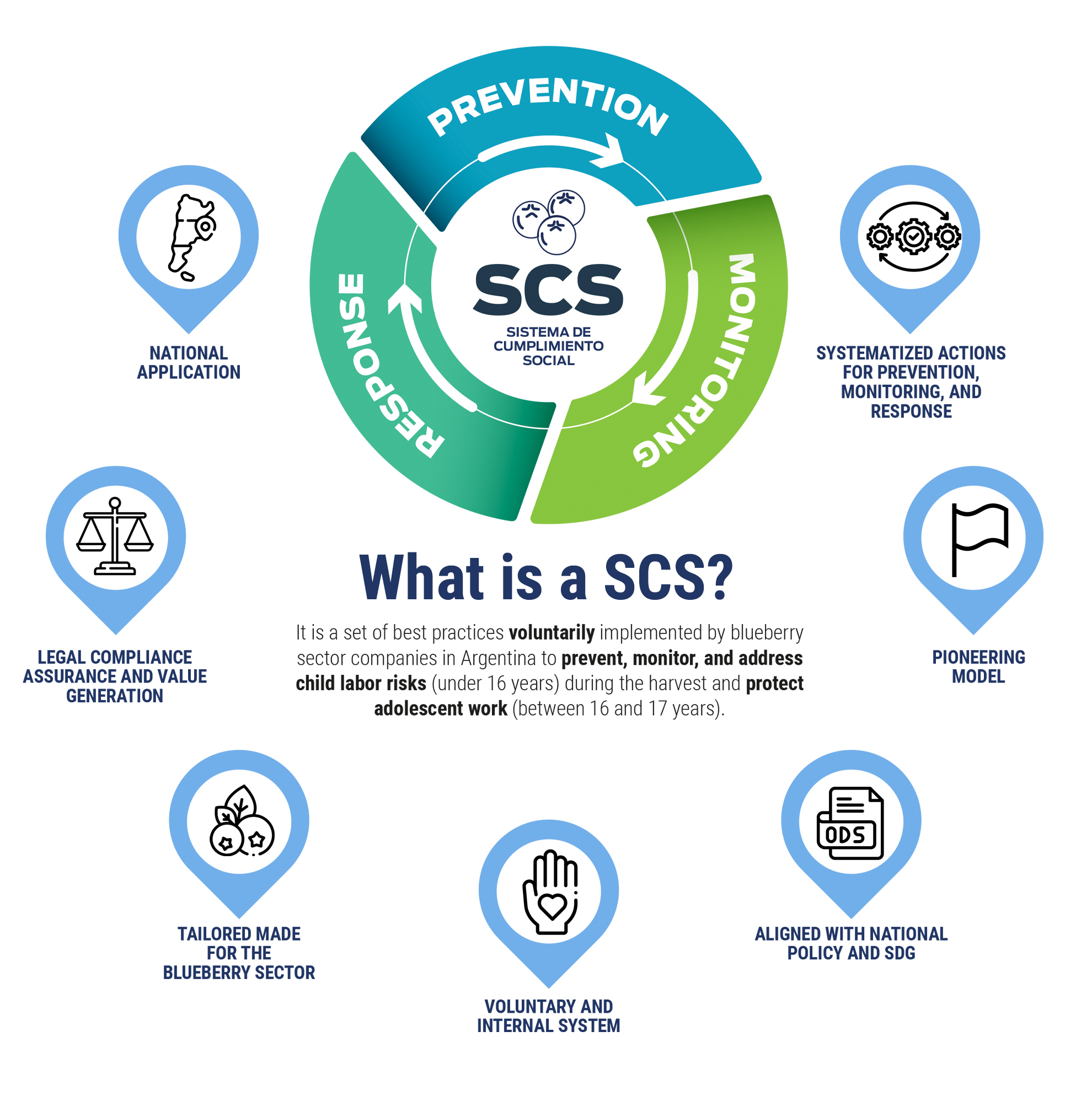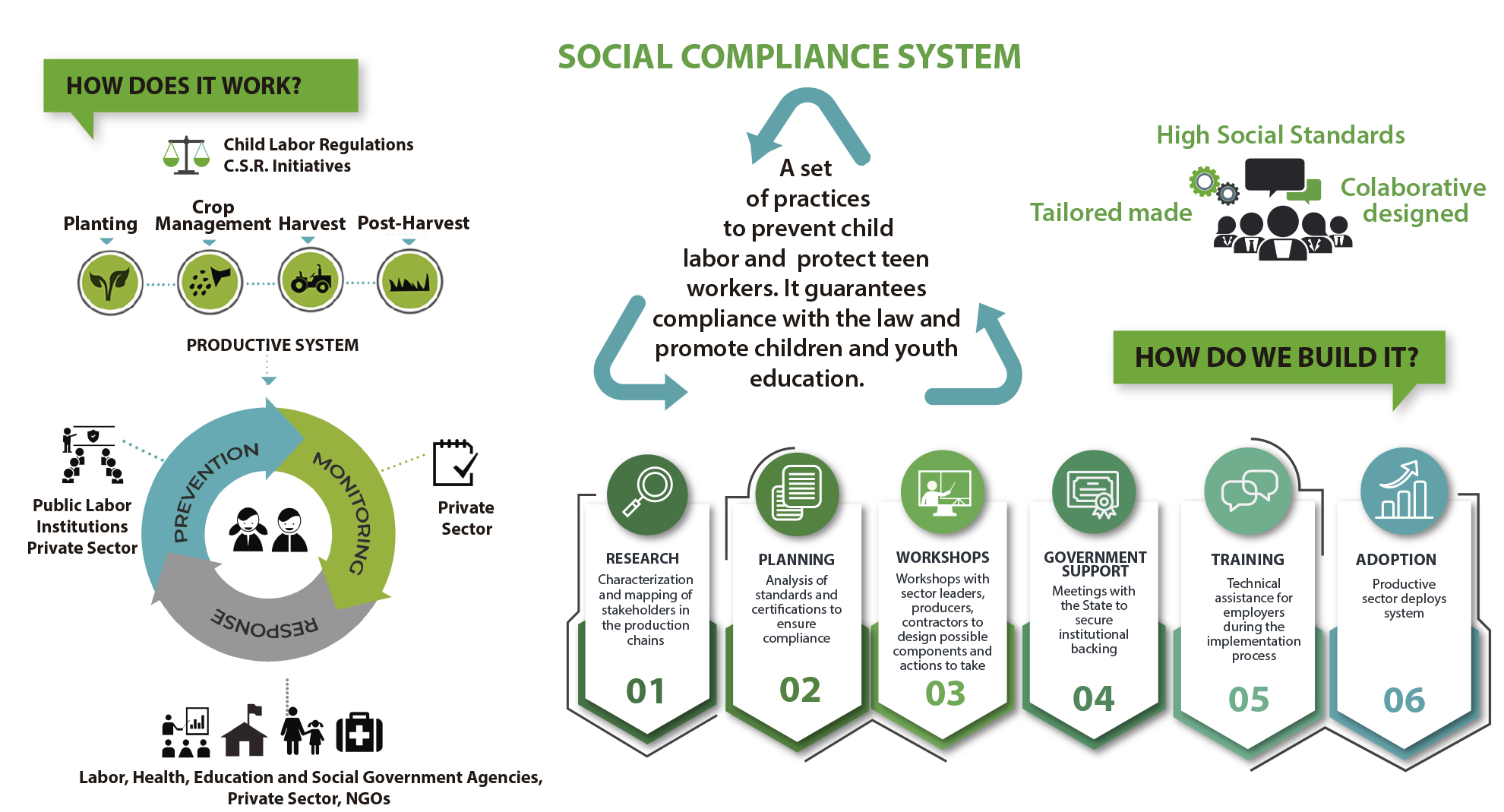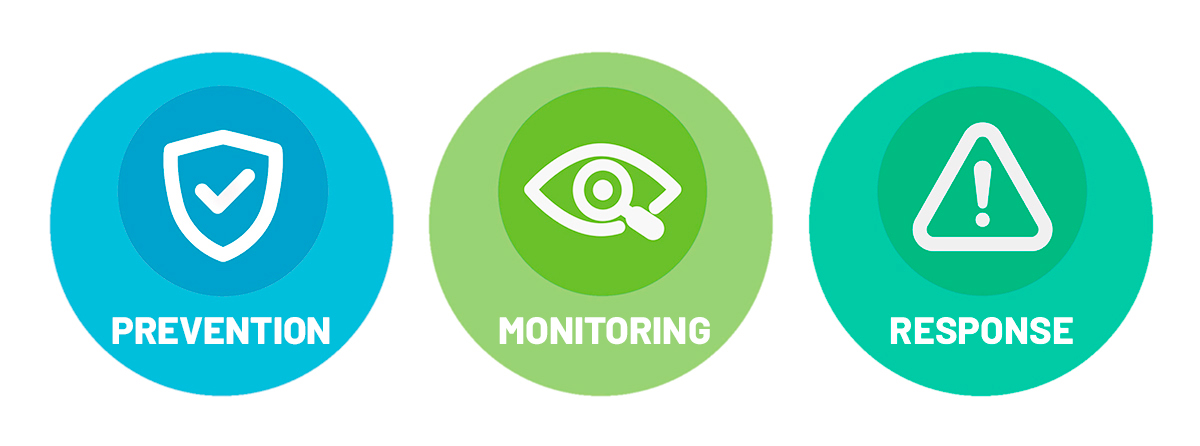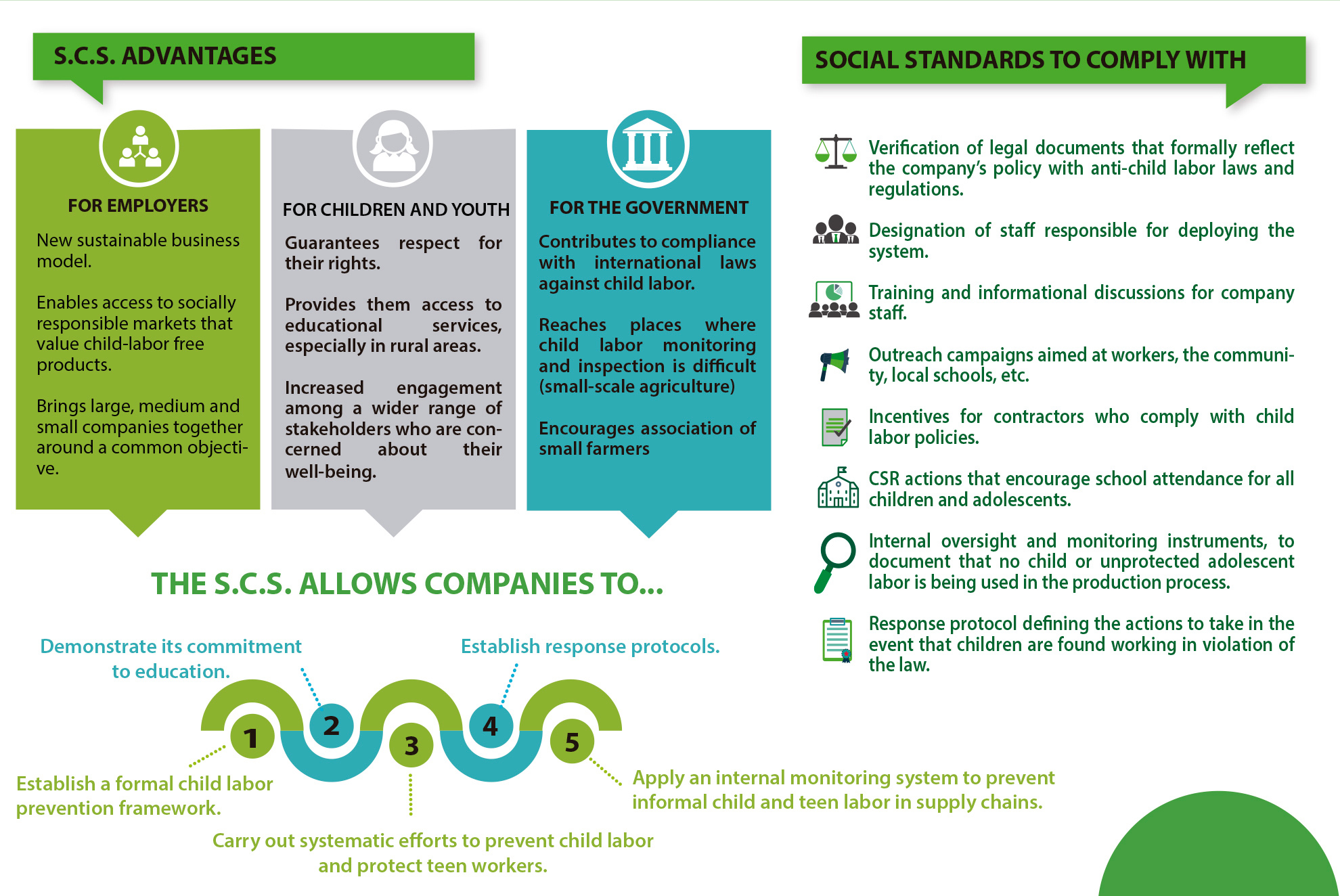SOCIAL COMPLIANCE SYSTEM (DUE DILIGENCE)

HOW IS OUR SCS?
It addresses the planning and implementation of a nationwide social responsibility strategy, adapting to the diversity of the three production zones (NOA, NEA, and Buenos Aires Province).
It is designed from the farm gates outward, with the participation of producers and the entire value chain, considering all the challenges of the field.
It is not a one-size-fits-all certification but is tailored to the unique needs and characteristics of the sector, maximizing its effectiveness.
It ensures compliance with the law and the care of all processes in the chain while adding a distinctive value to the sector.
It stands out as a pioneering model at the national level and serves as a replicable standard for other productive sectors.
It is based on the voluntary adherence of sector stakeholders, promoting proactive commitment. It is a self-control tool for producers within the sector.
It organizes and coordinates specific actions to prevent, monitor, and address cases of Child Labor (CL) and Unprotected Adolescent Labor (UAL).
It forms a strategy aligned with national policy, considering the National Plan for the Prevention and Eradication of Child Labor and the Protection of Adolescent Labor, and the roadmap committed by Argentina as a pioneer country in Alliance 8.7.
It actively contributes to achieving Sustainable Development Goals, especially in terms of decent work and the eradication of child labor.
Aligned with the National Plan for the Prevention and Eradication of Child Labor and the Protection of Adolescent Work, following Argentina’s commitment as an Alliance 8.7pioneering country.
This system not only establishes standards but also fosters a culture of social responsibility in the blueberry sector, demonstrating a commitment to ethical and sustainable practices.

IT IS A SYSTEM CONSISTING OF 3 COMPONENTS:

Prevention
Various social actors and the community are trained and sensitized about the risks of child and unprotected adolescent labor. It also provides real alternatives for access to education.
On-site Strategies Addressed:
1- Awareness campaigns about the issue and compliance with the regulatory framework throughout the production chain, including:
– Training workshops,
– Campaigns and communication actions in communities,
– Posters (wraps) on buses,
– Viral videos,
– Preventive materials in workplaces.
2- Community Services: We have 2 types of services to address school access and the continuity of educational trajectories, with a direct and real impact on over 450 children and adolescents and their respective families.
– Child Care Centers: for children aged 0 to 4 years.
– Youth Spots Centers: for individuals aged 11 to 17 years.
Our accumulated social investment exceeds US$350,000. The plan is to increase the number of companies certifying the SCS, keep the 5 Child Care Centers open year-round, and increase the number of Youth Spots Centers.
Monitoring
This is the critical stage of the system. During the harvest, control is exercised to prevent the entry of children and adolescents into the fields. We use a digital application with an information system designed for rural environments with low connectivity. It includes an identity control system to prevent the entry of individuals under 18 years. Controls are carried out at points where potential risks were identified, such as transportation, field entry, and when the harvested fruit is weighed. Everything is recorded in the app.
This digital application is used by different roles in the production system, such as field managers, supervisors, transporters, contractors, and the company’s administrative area. It is a self-control tool independent of official inspections.
Response
In the event of a labor risk situation, companies activate their action protocols in coordination with municipal services, to whom they report any incidents. This way, attention is provided in the Health, Social Development, and Education areas as appropriate.
Addressing the possible situations that cause risk situations of child labor allows children and adolescents to enjoy their rights. Together we promote responsible agricultural production.

CERTIFICATIONS FOR CHILD LABOR CARE PROCESSES
We understand that it is not only important to do things right but also to have them verified by actors not involved in the value chain. That’s why we considered it crucial from the beginning to have an EXTERNAL audit from an independent and recognized certifying institution.
